Articles
Knowledge Center
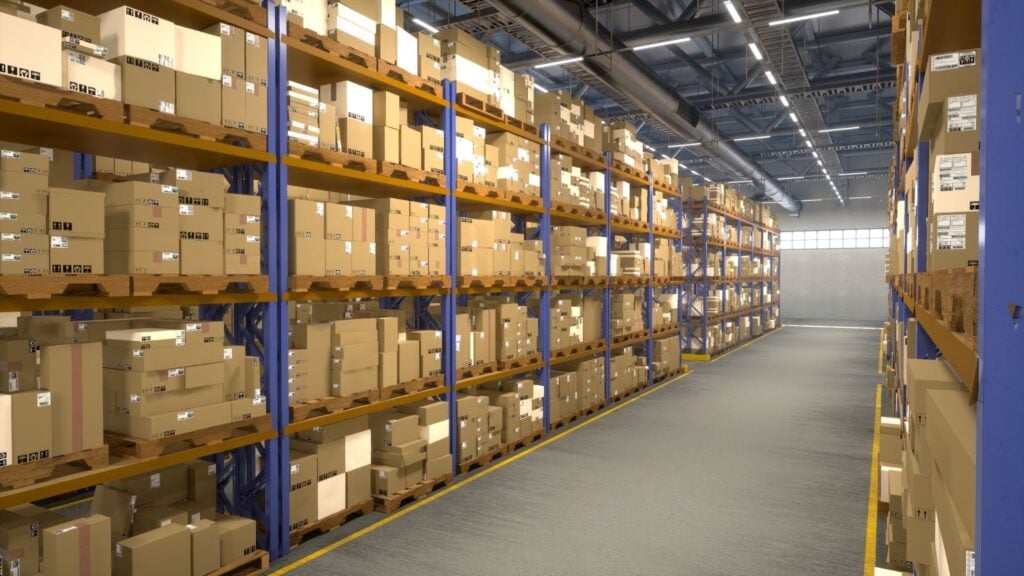
Micro Warehousing: Definition, Trends, and Benefits
Micro warehousing presents both advantages and challenges. Its benefits include faster delivery, reduced shipping costs, and improved customer satisfaction. However, it also involves higher operational costs and increased complexity in inventory management.
Read More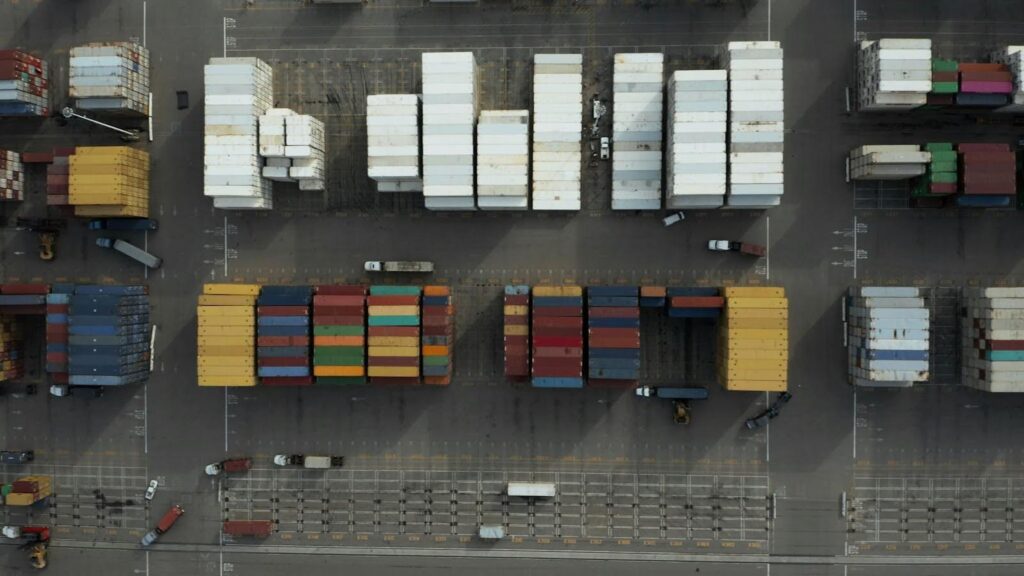
Logistics vs. Transportation: Their Key Differences
Understanding logistics vs transportation is crucial for anyone involved in supply chain management and commercial shipping. These terms, while often used interchangeably, have distinct meanings and roles. Logistics involves the planning and coordination of transportation and distribution services, managing the supply chain, and ensuring efficient transportation of goods. Transportation, on the other hand, focuses on […]
Read More
FCL: Meaning, Importance, and Key Characteristics
Understanding FCL meaning and its significance in commercial shipping and logistics is essential for businesses engaged in international trade. By opting for FCL, businesses can enjoy cost savings, reduced handling, and greater control over their shipments.
Read More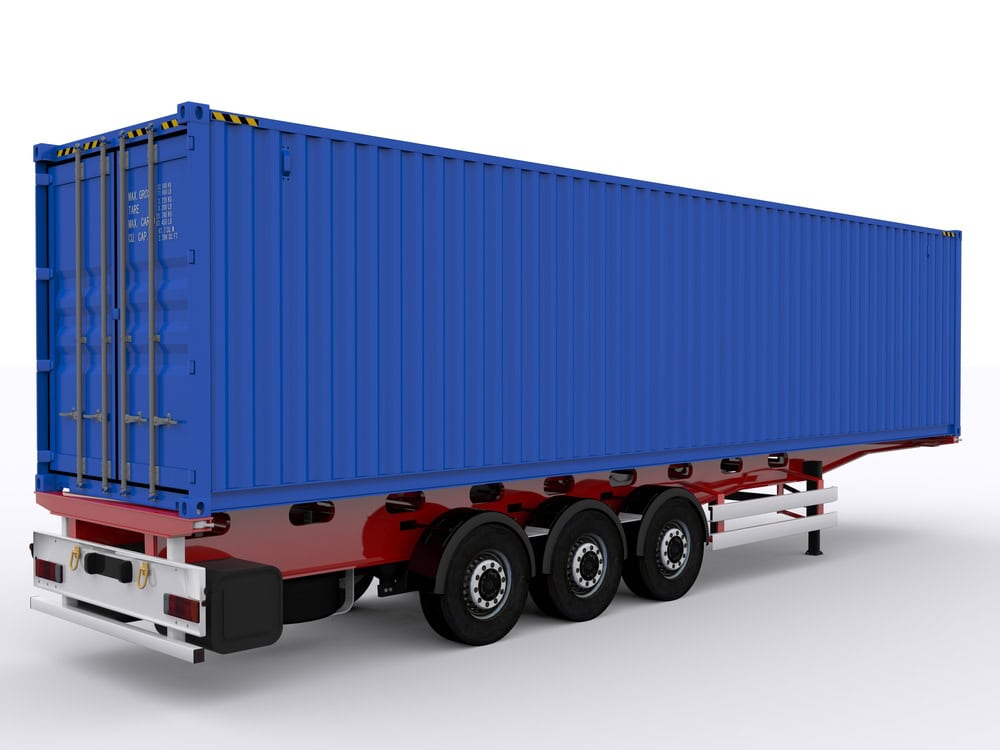
Container Chassis: What It Is, Types, and Role in Shipping Operations
Efficient cargo transportation is very important in commercial shipping and logistics. The container chassis, which is essential in transporting containerized goods, is at the heart of this process. In this guide, we will discuss container chassis, offering a comprehensive overview of their significance and usage in commercial shipping. Understanding Container Chassis Container chassis are specialized […]
Read More
Assembly Line: Definition, History, and Advantages
Assembly lines are the backbone of modern manufacturing, revolutionizing how we produce everything from cars to consumer electronics. They enable manufacturers to assemble complex products efficiently, drastically transforming traditional production methods. By systematically adding parts at successive stations, these lines optimize time and labor, making large-scale manufacturing feasible and economically viable. As we delve into […]
Read More
Retail Logistics: Definition, Challenges, and Best Practices
Efficient retail logistics is crucial for the success of the retail industry, ensuring that the supply chain runs smoothly and meets customer demand.
Read More
4 Types of Inventory
Understanding the various types of inventory is crucial for effective inventory management. The four basic types – raw materials, work in progress, finished goods, and MRO inventory – form the foundation of most inventory systems. Managing these efficiently ensures a smooth production process and reduces costs.
Read More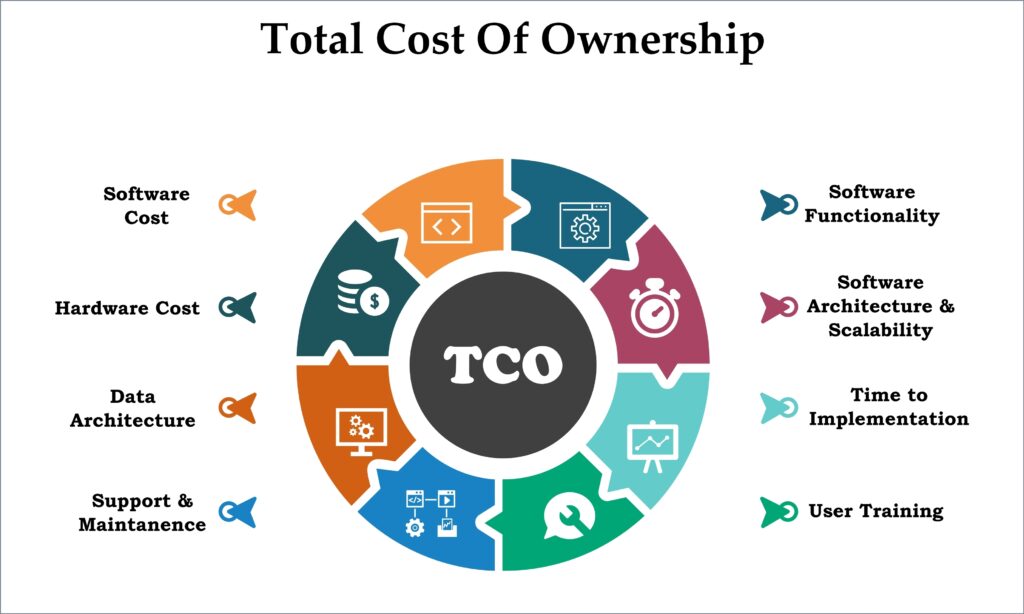
Total Cost of Ownership: Definition, How to Calculate, and Benefits
Understanding the total cost of ownership (TCO) is crucial for businesses in commercial shipping and logistics. It’s more than just the initial purchase price; TCO encompasses all costs incurred over a product’s lifecycle, including direct and indirect costs, operating costs, and maintenance expenses. In the logistics sector, accurately calculating TCO helps businesses assess the full […]
Read More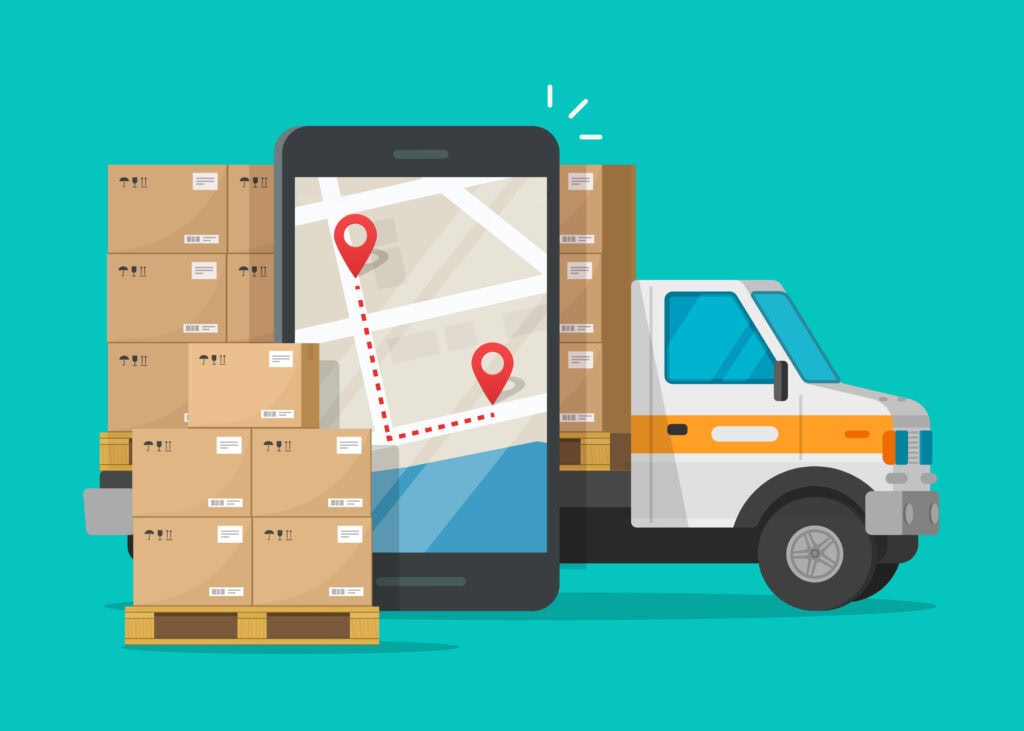
What is Urban Logistics? Definition, Challenges, and Strategies
Did you ever wonder how your online order reaches your doorstep so quickly in a bustling city? Urban logistics, the backbone of city logistics and supply chain management, holds the answer. It’s a critical component in modern urban planning, ensuring smooth delivery operations in densely populated city centers. In urban areas, optimizing logistics operations is […]
Read More
LTL Shipping: What It Is, Key Features, and Advantages
By leveraging LTL shipping and staying abreast of industry innovations, businesses can maintain a competitive edge in the global logistics market.
Read More
Bill of Lading vs. Packing Slip: Their Key Differences
In shipping and logistics, it’s crucial to distinguish between a bill of lading and a packing slip. This article examines the differences.
Read More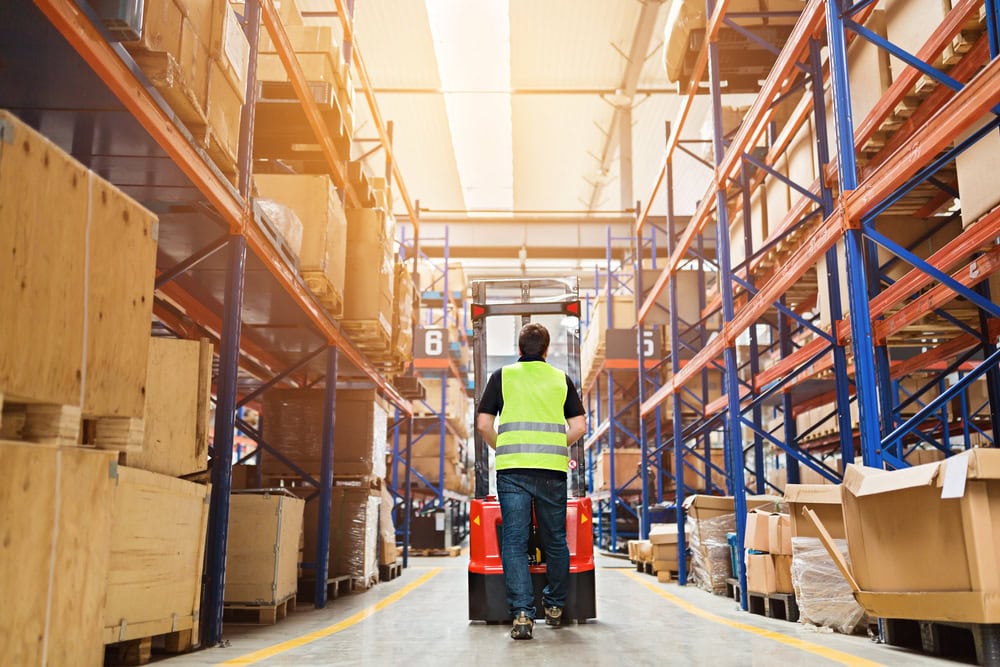
4 Types of Material Handling Equipment
Storage and handling equipment plays a crucial role in warehousing for categorizing and storing products, which supports efficient operations. Read on to understand the four major types of storage and handling equipment.
Read More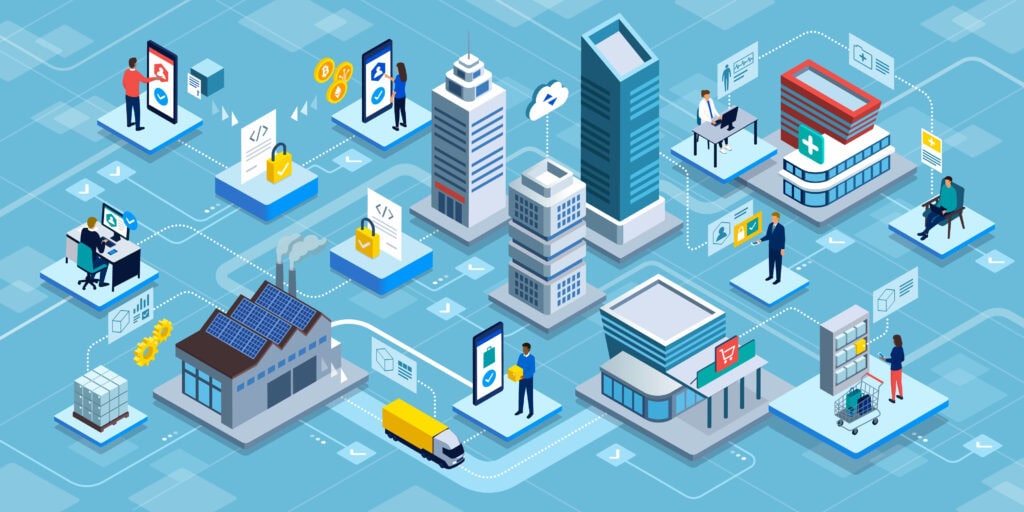
Blockchain in Logistics: Definition, Role in Logistics, and Benefits
Blockchain technology is revolutionizing the logistics industry, promising enhanced transparency, efficiency, and security in supply chain operations. Blockchain in logistics ensures that all parties involved have access to validated, immutable records, thus reducing errors and increasing transparency. The blockchain technology market in the transportation and logistics industry is estimated to increase by USD 2.23 billion, […]
Read More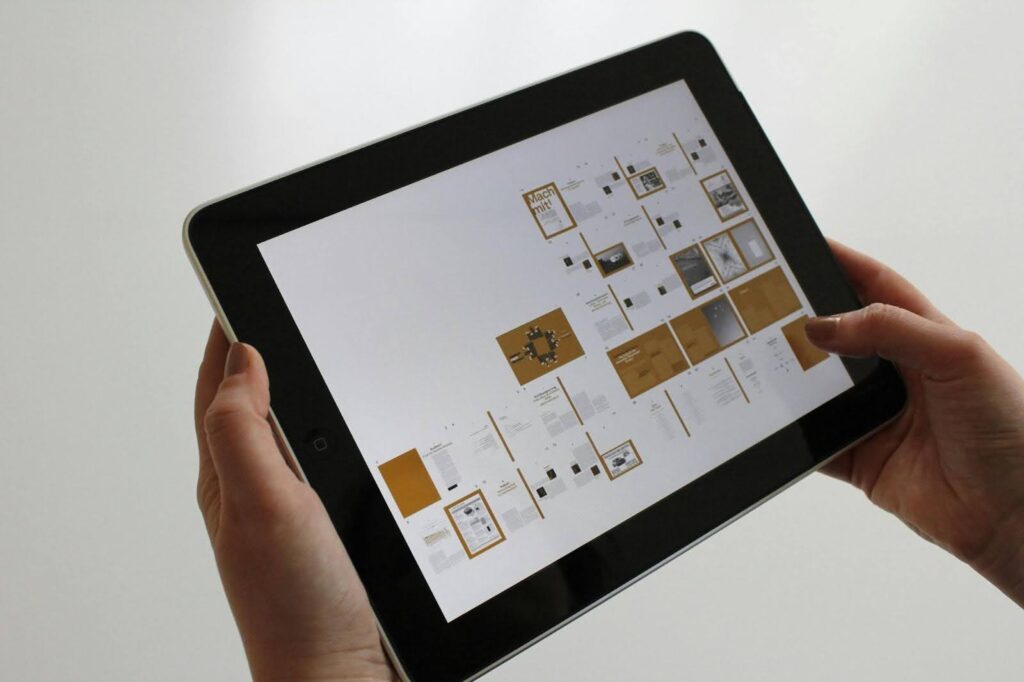
IoT in Logistics: What It Is, Applications, and Benefits
As the world becomes more interconnected, the logistics landscape is significantly transforming. Technology has become the backbone of supply chain management, propelling logistics companies into a new era of efficiency and connectivity. Internet of Things (IoT) is a transformative force reshaping the fabric of logistics and transportation. IoT in logistics isn’t just a trend; it’s […]
Read More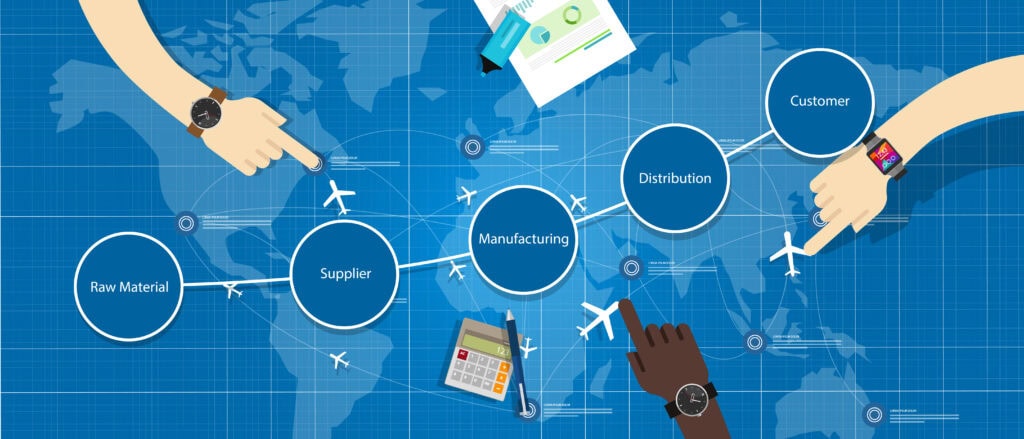
Supply Chain vs. Procurement: Key Differences Explained
There are critical roles and differences between supply chain and procurement within the commercial shipping industry. Understanding these functions is vital for managing operations efficiently and ensuring organizational success.
Read More
Outbound Logistics: Definition, Key Components, Benefits
Logistics is like the invisible glue that holds businesses together. It’s how companies move and manage goods from one place to another. Imagine a puzzle where each piece is a part of the supply chain, and logistics fits them together. Outbound logistics is a significant part of this puzzle. It’s all about getting products from […]
Read More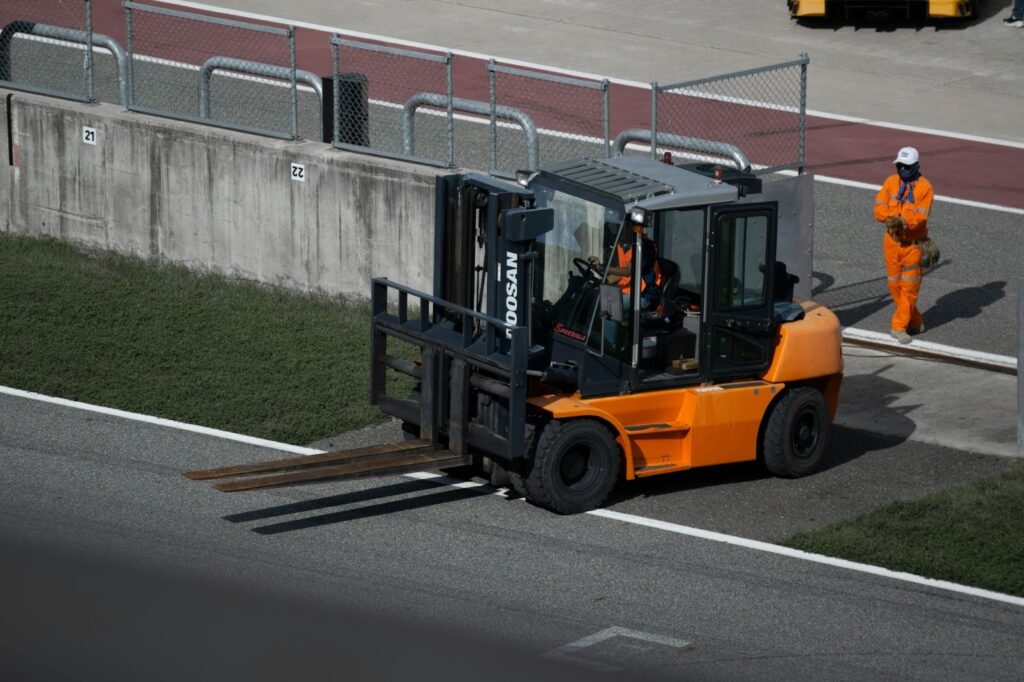
What is a Counterbalance Forklift? Definition, Types, and Uses
Counterbalance forklifts are vital machines in commercial shipping, offering versatility and efficiency in handling heavy loads. Whether using an electric forklift for indoor applications or a diesel-powered model for outdoor tasks, these forklifts are designed to meet various operational needs.
Read More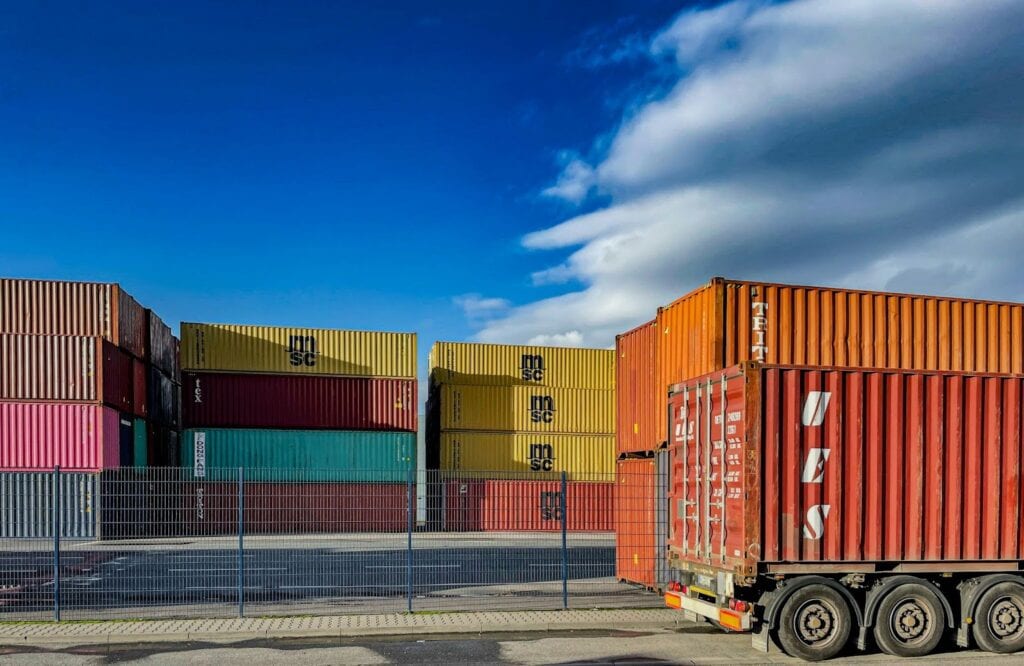
LCL: Meaning, Benefits, and Booking Process
Less than Container Load (LCL) is essential for global logistics, providing cost-effective and flexible shipping options for businesses with smaller cargo volumes.
Read More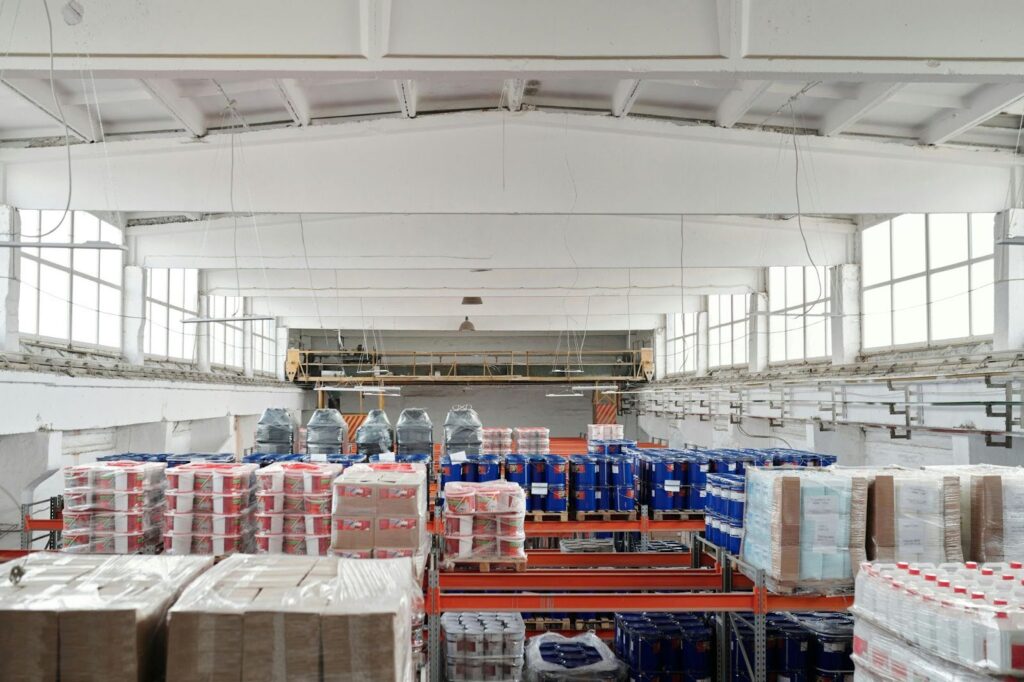
Logistics vs. Distribution: Their Key Similarities and Differences
Distribution and logistics are integral aspects of supply chain management, yet it’s important to recognize that these terms aren’t interchangeable. While both oversee the movement of goods within the supply chain, they possess distinct meanings. Contrasting distribution with logistics offers a valuable opportunity to grasp their unique definitions and disparities. Businesses need to discern between […]
Read More
FTL in Logistics: Definition, Benefits, and How to Use
This guide aims to provide a comprehensive overview of FTL shipping, including its definition, benefits, and practical usage. We will equip readers with the knowledge to navigate the logistics terrain confidently.
Read More